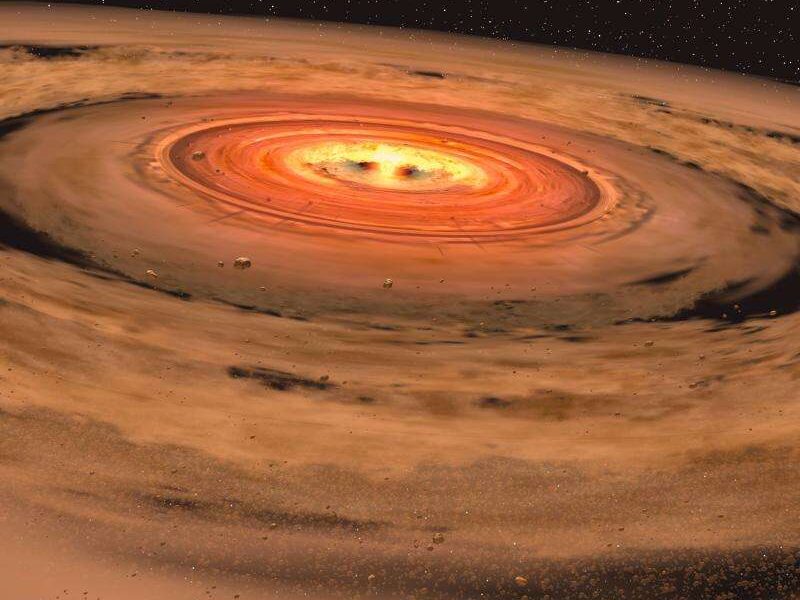Last month, the Astronomical Society of India awarded McGill physics professor Eve Lee the 2022 Vainu Bappu Gold Medal for her work in astrophysics. The award honours young astronomers—typically under 35—for their exceptional achievements and potential.
Lee’s work focuses on exoplanets, which are planets that orbit around other stars in solar systems outside Milky Way. Studying the behaviours of exoplanets can provide information about the origin of our own solar system, including the conditions necessary for creating life—something Lee finds particularly fascinating.
“I am very much motivated by all the interesting and unexplained patterns and trends we see in the observed properties of exoplanets,” Lee said in an interview with The McGill Tribune.
Many of the patterns and trends Lee studies manifest in the way planets form, grow, and organize themselves. Relationships between the masses of planets and their host stars, or the chemical composition of exoplanet atmospheres and cores, are just some of the topics that Lee researches.
One of the challenges of astrophysics, however, is building experiments since the systems being studied are too huge and too far away to manipulate in a lab.
The nearest star, excluding the sun, is Proxima Centauri b and it is over four light-years away, meaning that radio communication of a single message would take over four years. Comparatively, the farthest object ever sent into space, Voyager 1, has travelled less than one per cent of that distance.
To circumvent this issue and not stall research, Lee and other astronomers depend on telescope observations to gather information. Techniques such as spectroscopy—matching colours of light signals observed by telescopes to the elements known to emit those signals—can be used to gain insights about the material composition of exoplanets that cannot be directly measured.
Another common technique, called the radial-velocity method, uses the change in light signals from moving exoplanets to determine how quickly planets are moving. This change is quantified by the Doppler Effect, a measurable difference in the light emitted by an object moving away, as compared to an object moving closer. By comparing the light emitted by exoplanets at different parts of their orbit, astronomers can figure out details such as the planet’s orbital velocities and distance from host stars.
Using data like these, Lee tries to piece together more complex inferences about how exoplanets are formed, what they’re made of, and how they behave.
Lee has conducted her research at institutions across Canada and the United States, including the University of California, Berkeley, the University of Toronto, and McGill, ever since she completed her undergraduate studies in 2011.
According to Lee, she learned many of her most important research skills as an undergraduate.
“In research, it is important to come up with multiple ways to verify one’s result, and so coming up with various sanity checks is something I tried to build on since my undergraduate years and it is also what I emphasize to the students in my group,” Lee said. “In addition, I would say patience and tenacity in carrying out research is also an important quality that can be built from undergraduate years.”
As for navigating the world of academia and the challenges that she faces as a woman in the male-dominated field of astrophysics, Lee credited support from mentors over the years.
“I was very fortunate to have had numerous mentors throughout my academic career, with whom I still keep in touch. I think having this network of mentorship helped me navigate various challenges I came across,” Lee said.
Lee feels honoured to receive the Vainu Bappu award.
“Receiving this award is a good opportunity to have students and junior scientists be excited about the research being done in my group and also more broadly to motivate them to pursue what they are interested in.”









